Georgia vs. South Ossetia
2008 - ongoing by 2011
Core issue: Conflict over the autonomy status of South Ossetia
Type of conflict ending: Conflict ongoing by 2011
Georgia gained independence from the Soviet Union in 1991 and the country has been struggling with two of its Russia-bordering regions, Abkhazia and South Ossetia, ever since. The very same year, South Ossetia - a former Autonomous Oblast of the Soviet Union - attempted to secede which led to a year-long war. South Ossetians wanted to be united with their ethnic kin, North Ossetians, who are living on the other side of the Caucasus mountain and are officially part of the Russian Federation. After a 1992 ceasefire,
the peace process halted, and predominantly Russian peacekeepers were stationed in the region. The first violent outbreak since the ceasefire came after the Georgian Rose Revolution in 2004 when president Saakashvili assumed office. He was keen on retaking control over separatist territories and to incorporate Georgia into Western organizations (NATO, the EU), which increased tensions with Russia. This escalated into the Russo-Georgian War in 2008, when Russia sent troops to support secessionists in South Ossetia. The war ended with a ceasefire and Russia officially recognized South Ossetian independence (Georgia and the West referred to South Ossetia as an "occupied territory") and marked the beginning of the frozen conflict. This development cemented the unresolved status of South Ossetian territory. It is de facto independent but de jure still part of Georgia. Peace negotiations reached a deadlock and its status has remained unresolved.
The Russo-Georgian War took place between August 7 and 12, 2008. It unfolded after four months of increased Russo-Georgian tensions following the NATO summit in Bucharest where one of the items on
the agenda was a potential offer to Georgia and Ukraine to participate in the Membership Action Plan (MAP). Despite the fact that the countries were eventually not offered the MAP due to French and German opposition, Russia perceived the US support of such NATO enlargement as a threat. Georgian forces, provoked by Russian peacekeepers, attempted to regain control over South Ossetia. However, Georgian forces were not able to withstand Russian incursions from Abkhazia and Ossetia.
The French president, Nicolas Sarkozy, acting on behalf of the European Union, brokered a ceasefire on August 12. The Six Point Ceasefire Agreement was a product of negotiations with Russia and was signed
by Georgian and Russian representatives as well as the representatives of the separatist regions. It urged the parties to the conflict to return to the status quo ante bellum which meant Russia maintained its military positions in South Ossetia while slowly withdrawing its checkpoints beyond the Ossetian borders. This resulted in occasional outbreaks of violence weeks after the ceasefire. Furthermore, the Ceasefire Agreement included a clause calling for further peaceful resolution of the conflict under the future Geneva International Discussions (GID). However, GID did not achieve any major successes. A stalemate was caused by frequent walkouts of representatives of the separatist entities as well as by the Georgians.
The only successful product of the GID was the establishment of the Incident Prevention and Response Mechanism (IPRM) including the creation of a telephone hotline between the parties to the conflict in February 2009.
The South Ossetian conflict remained frozen as of 2011. This is mainly due to a hostile Russo-Georgian relationship which is characterized by continued Russian support for South Ossetia and continued Russian efforts to prevent Georgian integration into NATO or the EU. South Ossetia is heavily dependent on Russian support as, for example, 98.7% of the budget of South Ossetia in 2010 consisted of direct financial support from Russia. Russia finances pensions and the police, and Russian politicians constitute half of its government. Cross-border provocations from the South Ossetian side are common: the Russian and South Ossetian forces are continuously moving the South Ossetian borders into Georgian territory.
Sources
Coyle, J., 2018. Russia's Border Wars and Frozen Conflicts, Cham: Springer.
Ellison, B.J., 2011. "Russian Grand Strategy in the South Ossetia War", Demokratizatsiya, 19 (4), 343+.
Giuashvili, T. and J. Devdariani, 2016. "Geneva International Discussions - Negotiating the Possible", Security and Human Rights, 27 (3/4), 281-402.
Hoch, T., E. Souleimanov, and T. Baranec, 2014. "Russia's role in the official peace process in South Ossetia", Bulletin of Geography: Socio-Economic Series, 23 (23), 53-71.
Human Rights Watch, 2009. "Up in Flames: Humanitarian Law Violations and Civilian Victims in the Conflict over South Ossetia" https://www.hrw.org/sites/default/files/reports/georgia0109web.pdf, Accessed 15 September 2018.
International Criminal Court, Office of the Prosecutor, 2016. "Statement of the Prosecutor of the International Criminal Court, Fatou Bensouda, following judicial authorisation to commence an investigation into the Situation in Georgia" https://www.icc-cpi.int/Pages/item.aspx?name=otp-stat-27-01-2016-georgia. Accessed 15 September 2018.
Kolstř, P. and Helge Blakkisrud, 2008. "Living with Non-recognition: State- and Nation-building in South Caucasian Quasi-states", Europe-Asia Studies, 60 (3), 483-509.
Malek, M., 2009. "Georgia & Russia: The 'unknown' prelude to the 'five day war'", Caucasian Review of International Affairs, 3 (2) 227+.
Salopek, P., 2016. "Vladimir Putin's mysterious moving border", Politico, April 3. https://www.politico.eu/article/vladimir-putins-mysterious-moving-border/. Accessed 15 September 2018.
Sarkees, Meredith Reid and Frank Wayman, 2010. Resort to War: 1816-2007, Washington, DC: CQ Press.
"UCDP - Uppsala Conflict Data Program: Government of Georgia - Republic of South Ossetia." 2019. Accessed 18 July 2019 <https://ucdp.uu.se/#statebased/840>
United Nations, Security Council, Provisional Agenda: The situation in Georgia, S/PV.5953 (10 August 2008), http://undocs.org/en/S/PV.5953, Accessed 17 September 2018.
UN Security Council Resolution 1839, S/RES/1839, 2008. https://undocs.org/S/RES/1839(2008), Accessed 17 September 2018.
UN Security Council Resolution 1866, S/RES/1866, 2009. https://undocs.org/S/RES/1866(2009), Accessed 17 September 2018.
Van Peski, C.J., 2011. "Diplomacy and life on Georgia's boundary line", Security and Human Rights, 22 ( 4), 357-371.
